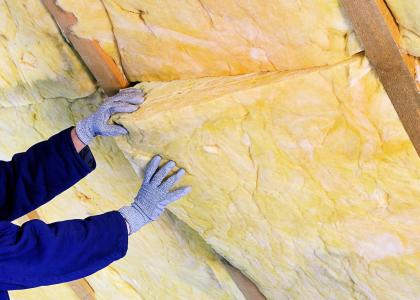Manufactured homes (sometimes called mobile homes) make up about 7% of the new homes built each year and are an essential source of affordable housing—about half of residents are low-income. However, new manufactured homes are subject to weak federal energy efficiency standards that have not been updated in nearly three decades.
The Department of Energy (DOE) has proposed a new, two-tiered standard that would be less stringent for cheaper manufactured homes. Though the proposed standard is intended to protect affordability for low-income residents, it will result in the most vulnerable residents receiving lower quality homes and higher energy bills. Our analysis shows that:
- Strong efficiency standards for manufactured homes would improve affordability by lowering total housing costs and alleviating high energy burdens for nearly 1,000,000 residents
- Low-income residents of manufactured homes tend to be renters or to live in older homes, in which the net savings from energy efficiency measures are highest
- The stronger standard proposed by DOE would yield $3,383 in net savings over the life of an average home, with savings increasing for residents of older homes
- Including heat pump water heaters (and other efficiency options consistent with the 2021 International Energy Conservation Code) could increase net savings to $5,540
Download the White Paper
| Suggested citation: |
| Bell-Pasht, A., and L. Ungar. 2022. Strong Universal Energy Efficiency Standards Will Make Manufactured Homes More Affordable. Washington, DC: American Council for an Energy-Efficient Economy. |



